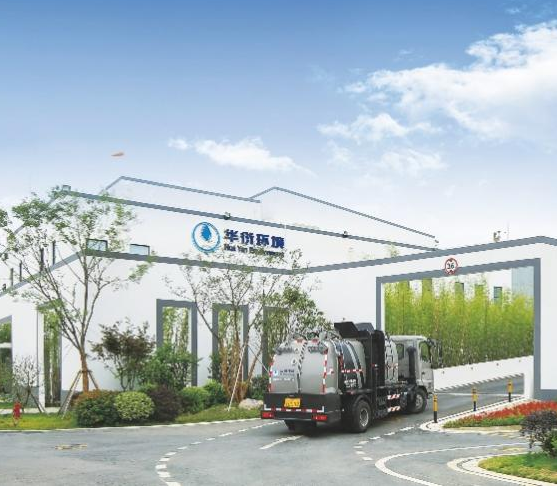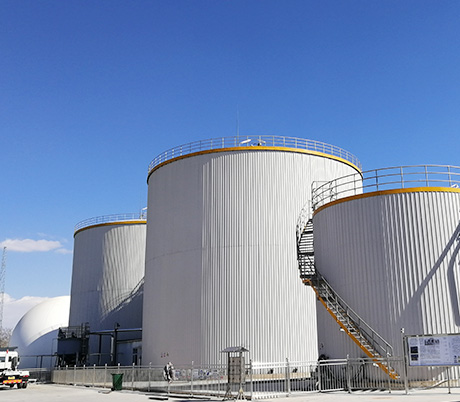EFWA Mechanical pulping process
PURAC EFWA Mechanical pulping is an efficient pretreatment process developed for restaurant food waste and household kitchen waste, which has the characteristics of simple system, less equipment, good separation effect and low power consumption, etc.
The organic waste is unloaded into the reception bin by the transport vehicle, and then sent to the crusher by the screw conveyor. The double-shaft roller crusher is used to shred the material sent in, which is not easy to damage and has strong crushing capacity. The crushed material passes a magnetic separator that separates metals from the organic material, and then transported further on to a Sorting & Pulp Machine. With the rapid rotation of the machine shaft, the fragile food waste is made into slurry under the action of centrifugal force and passes through the sieve hole, and the impurities such as the plastics and the fibers not easy to break are sorted out by the mill and transported to a collection container. After sorting and pulping, the organic slurry is de-grit and then pumped to the followed anaerobic digestion system.
EFWA Features and Benefits:
- Robust and proven technology
- High reliability and availability
- Minimal loss of organic matter to reject
- Low power consumption and no need to add fresh water
- Easy operation and low maintenance costs
- Small footprint and compact layout
EFWA data:
- Capacity 10-14 ton/hour each line
- Specific power consumption: 8kWh/ton of waste at 30% Dry Solids
- Reject: <5% of organic material
- Visible impurities in the slurry (>2mm): <0.5% of Dry Solids
Note:
1. Depending on the incoming substrate. Household waste in the lower range, food waste from restaurants in the higher range.
2. As % of incoming waste weight.
3. Depending on the incoming substrate and the type of bags and packings.






